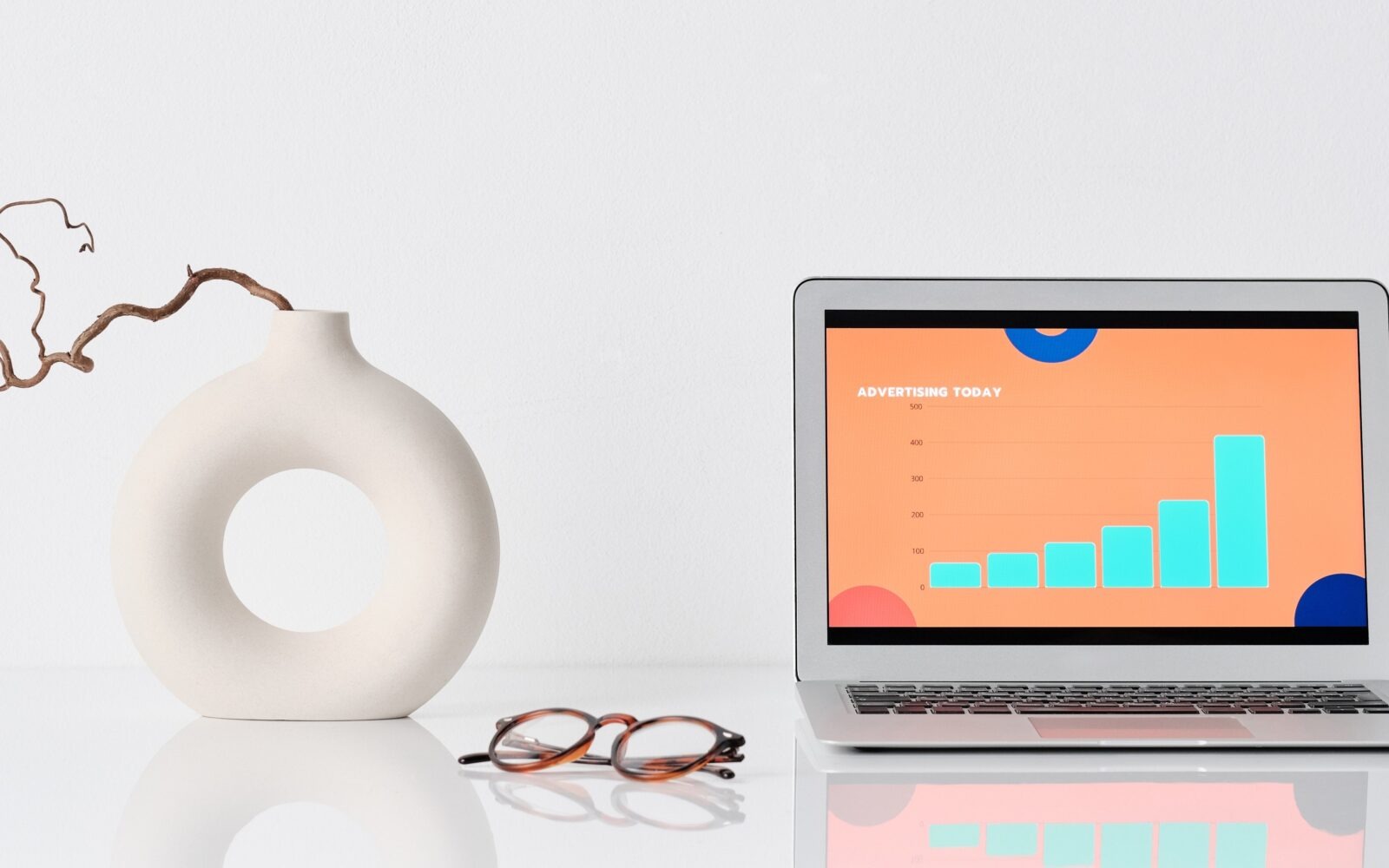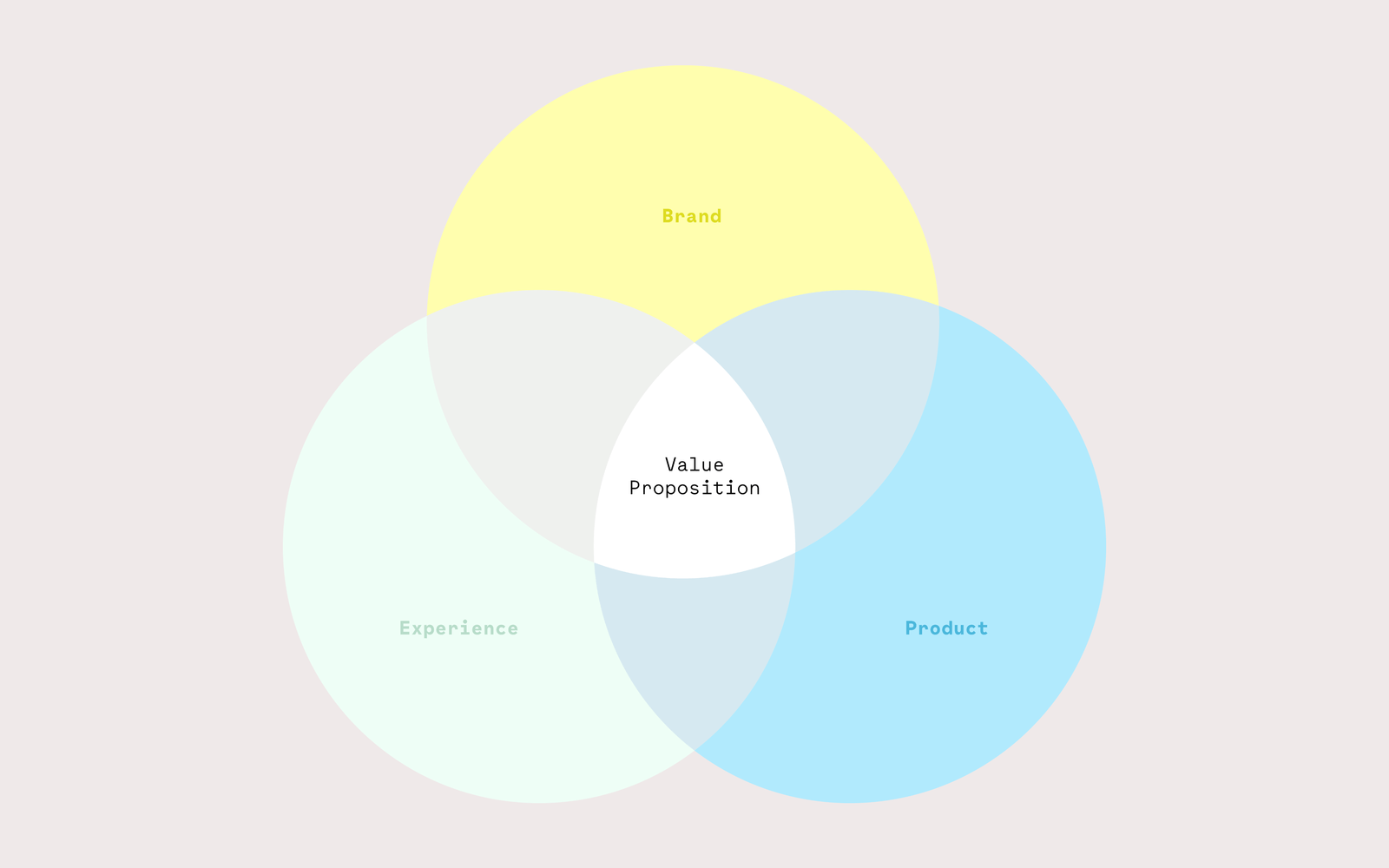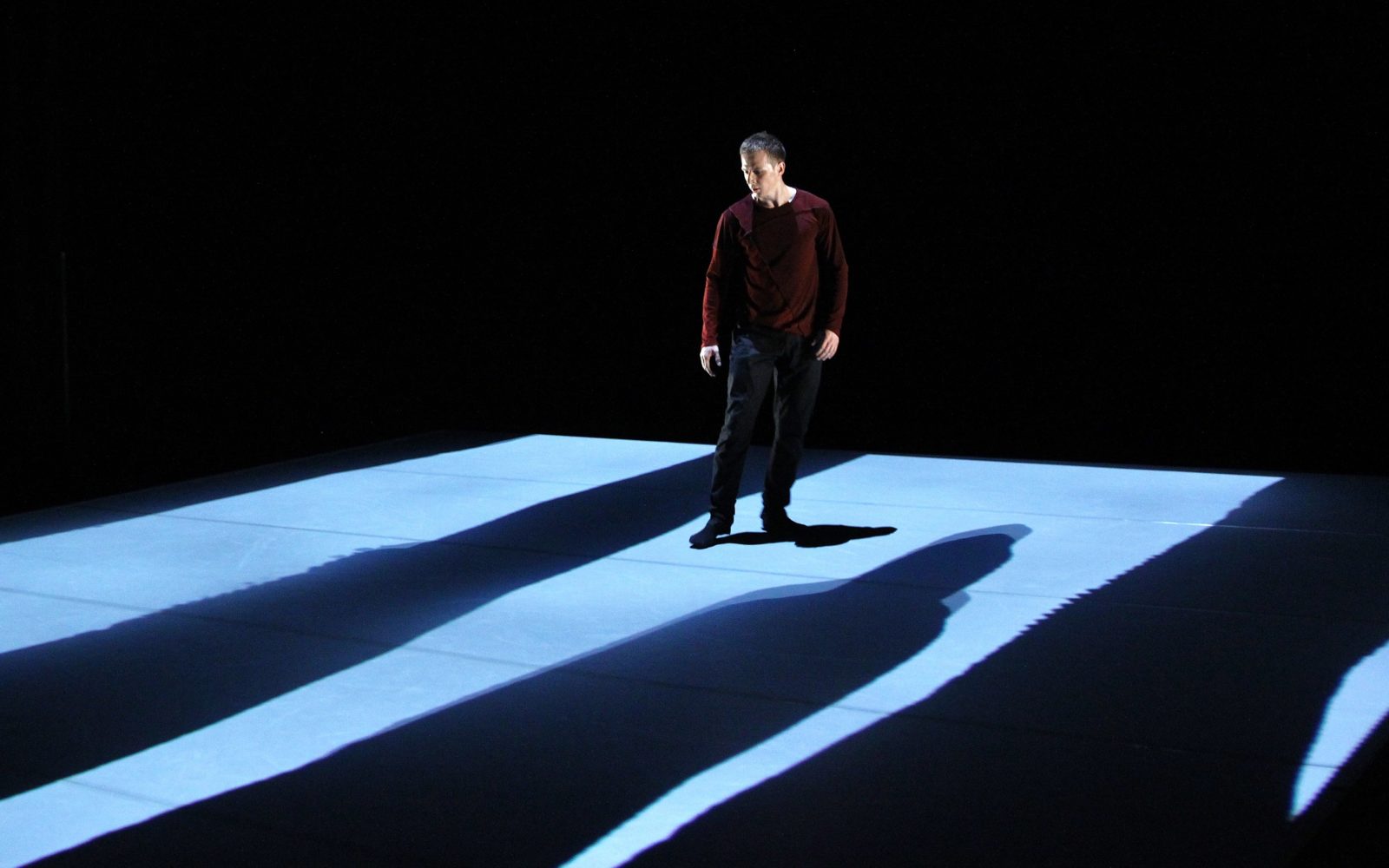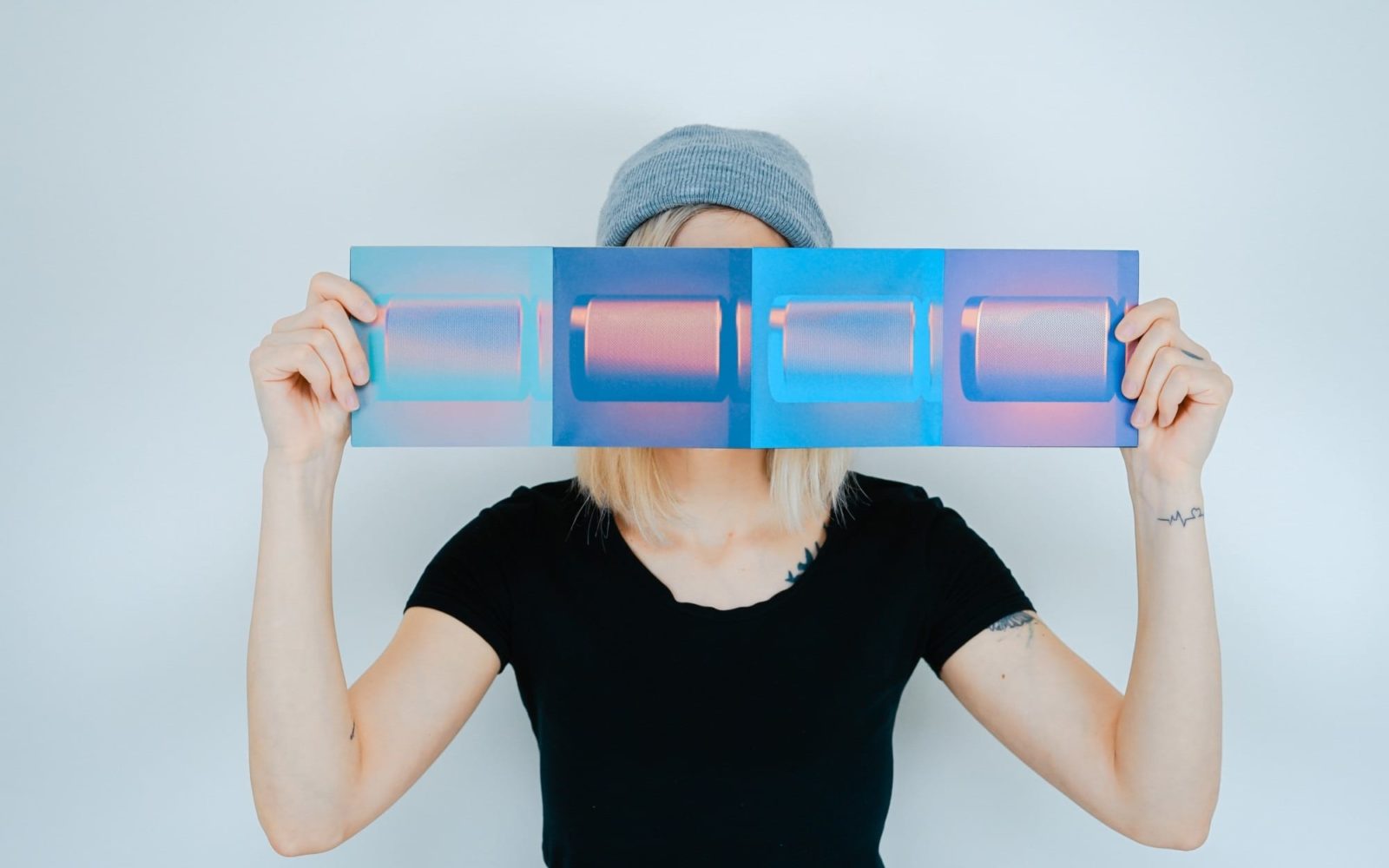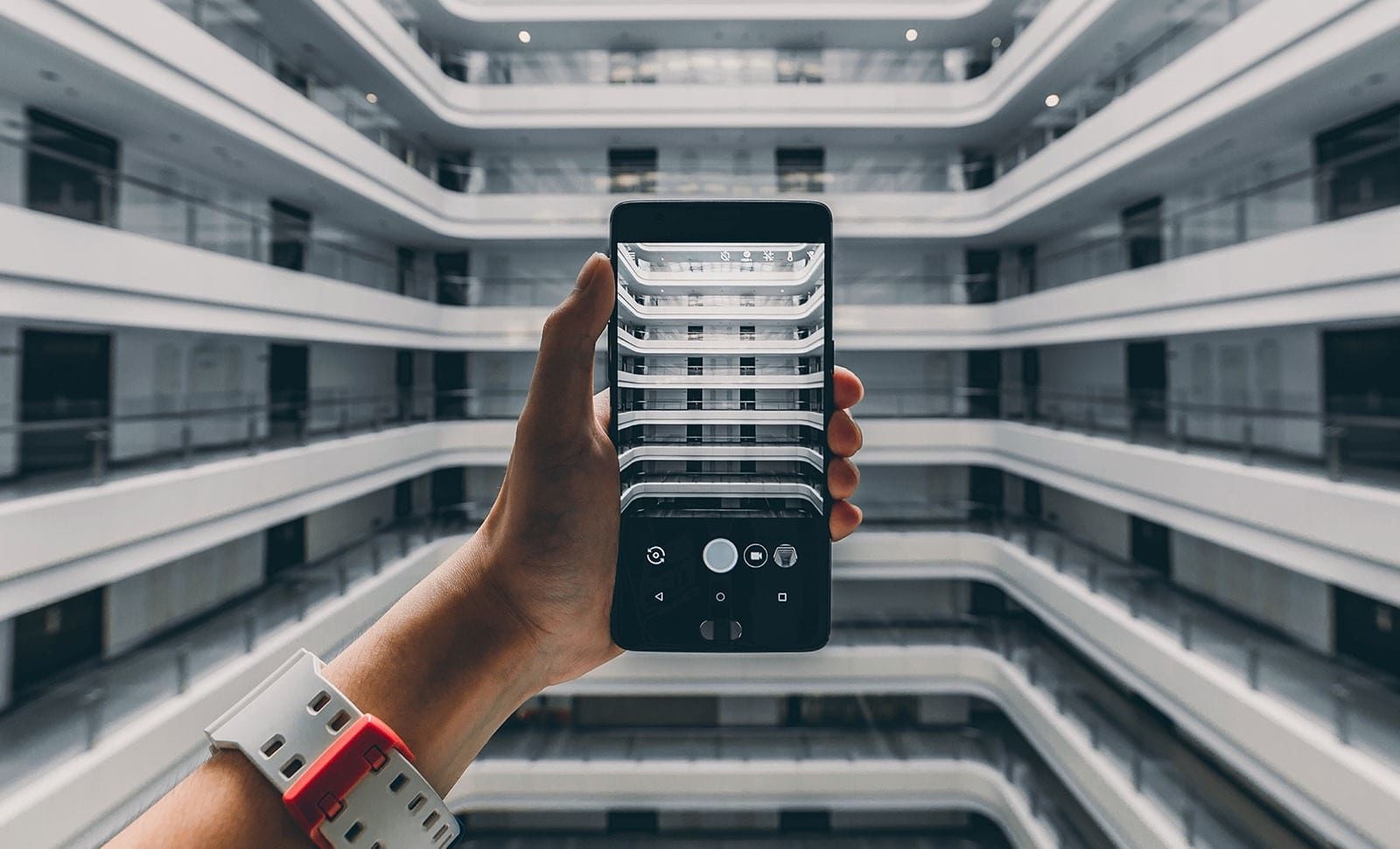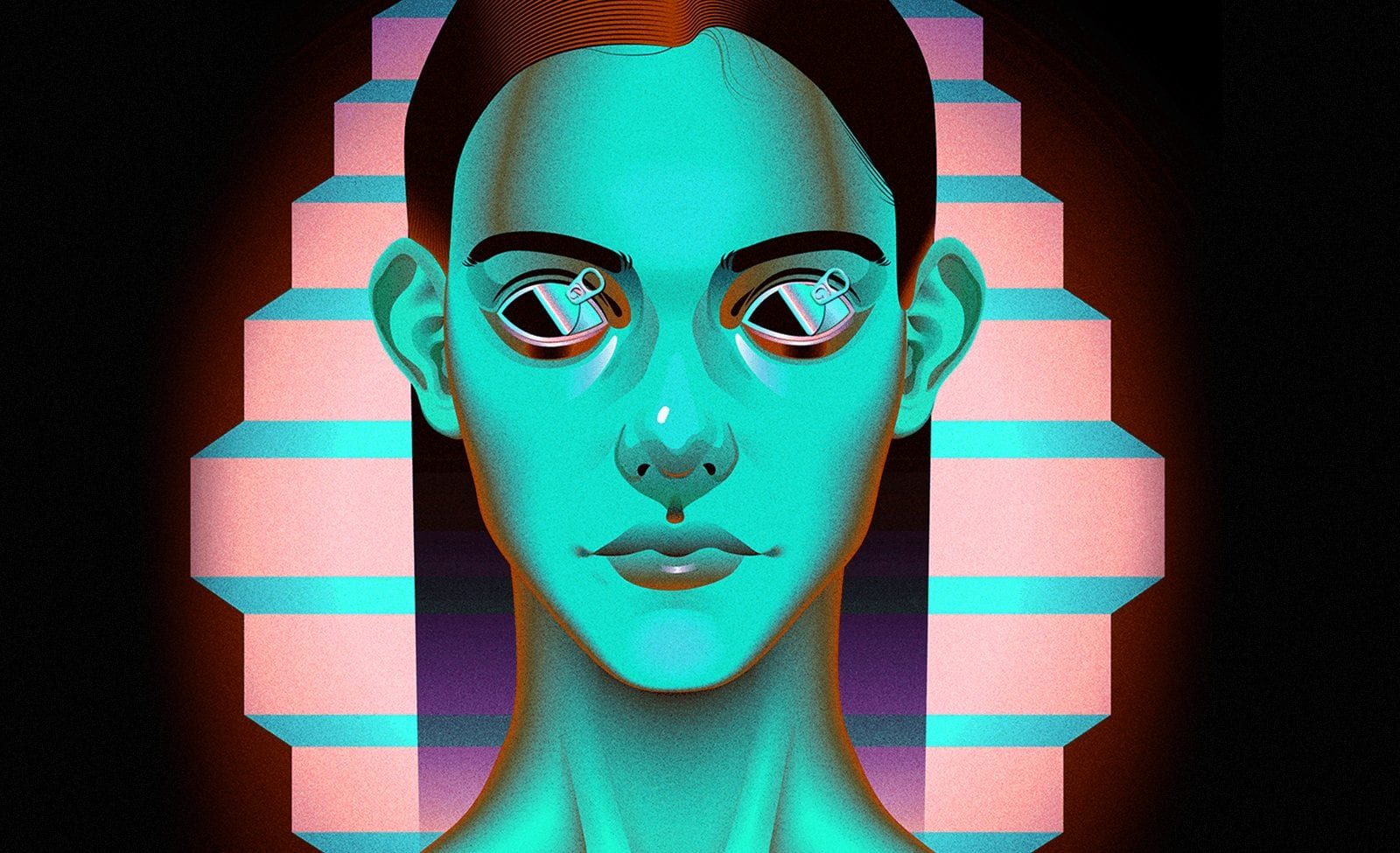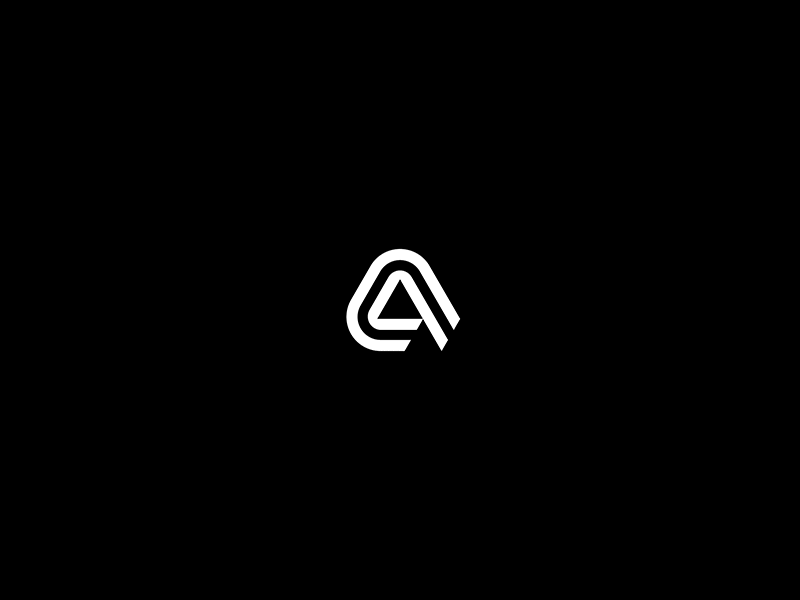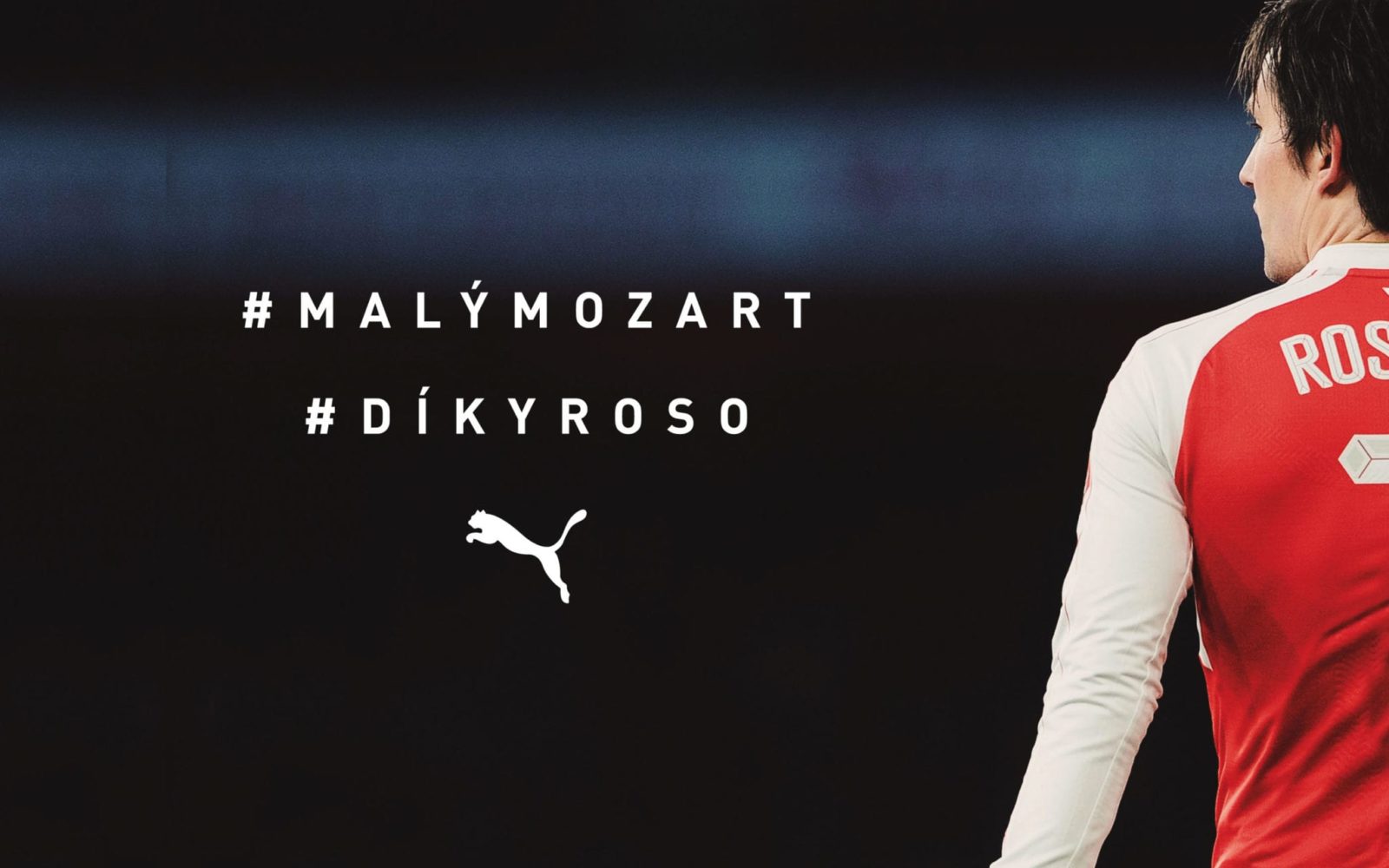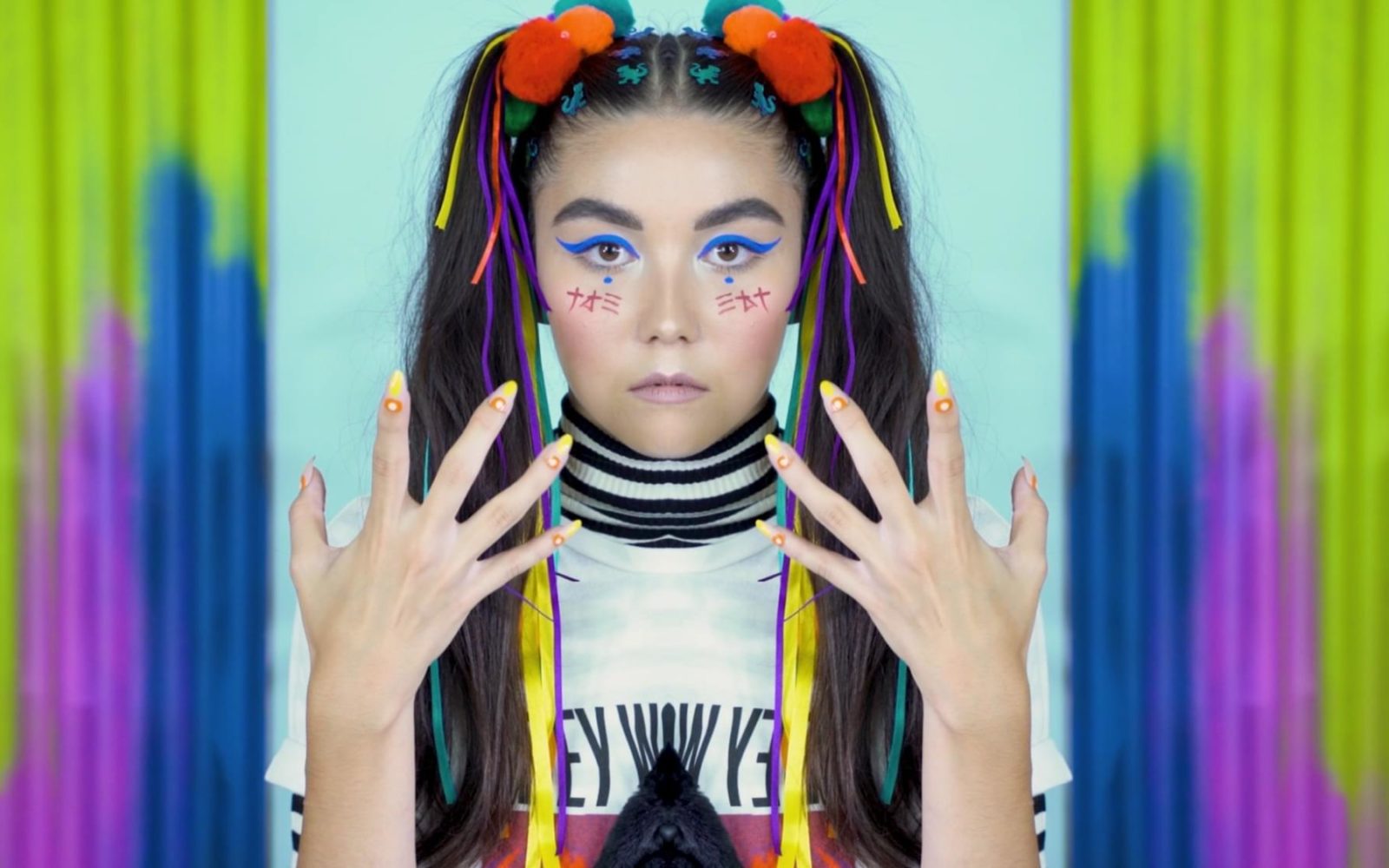It’s Friday morning and I’m rushing down the street into a nearby passage. Some huge white hanging banners and a lot of people dressed in black tell me I’m at the right place. Welcome to the ByDesign conference’s little sister — Xperience conference in Prague.
Quick overview
Organizers of the ByDesign conference, which is held annually in Slovakia’s capital, Bratislava, decided to create new Xperience ByDesign in Prague. As you can guess from its name, the main theme of this new conference was user experience. Product designers and leaders from the top 5 tech companies, studios and startups had joined us for one day in beautiful Lucernas’ venue to share with us their UX knowledge. Here are my top takeaways and thought-provoking insights from their talks.
Education of UX designers
Do you call yourself a UX designer? And how do you become one? Well, in most of the cases you’re self-taught as I am. Robert Lenne brought to stage this really difficult topic of the UX education. He didn’t come with a solution, but I found his talk really inspirational.
He tried to connect with us through his personal story. As a former Artsy and ex-IDEO designer, he found himself facing a new challenge every day. Without any formal UX education, he had to learn from more experienced peers or in the “wild”: conducting research, interviews, gathering data and bringing solutions. Why has it resonated with me so much? Well, first of all, he tackled a really fascinating topic. It got me thinking. It also reminded me of a quote that says “Design can’t be just incidental”. As Robert illustrates through his story and quick poll with the audience, there’s no formal education or any recommended path you should follow to become a UX designer.
We have great responsibility as UX designers, creating artifacts that shape daily lives of billions of people, it is a particularly huge problem. Are we able to solve this problem, even when most of the time in our professional lives as UX designers, we’re guessing and learning on the go? (I’m going to share more of my thoughts on this in my next article).
Back to analog
Starting with my takeaway:
“You are analog, trust your five senses. Don’t trust huge companies that try to tell you otherwise.”
This digital age we’re currently living in is too much focused on artificial incomplete experiences. Florian stressed the importance of real experiences: those that we can experience through all of our 5 senses. While Florian Kaps was on stage, I’ve wasn’t able to fully realize the depth of his message. It was pretty difficult. Just imagine: A presentation projected with an overhead projector. “Aha” moments were interrupted by laughter. Deep insights were lightened with almost absurd stories, showing how much one can go against the current. Most importantly, Florian Kaps has proved through several of his projects (The Impossible Project, SuperSense store or the Smell Memory Kit) that nothing is impossible.
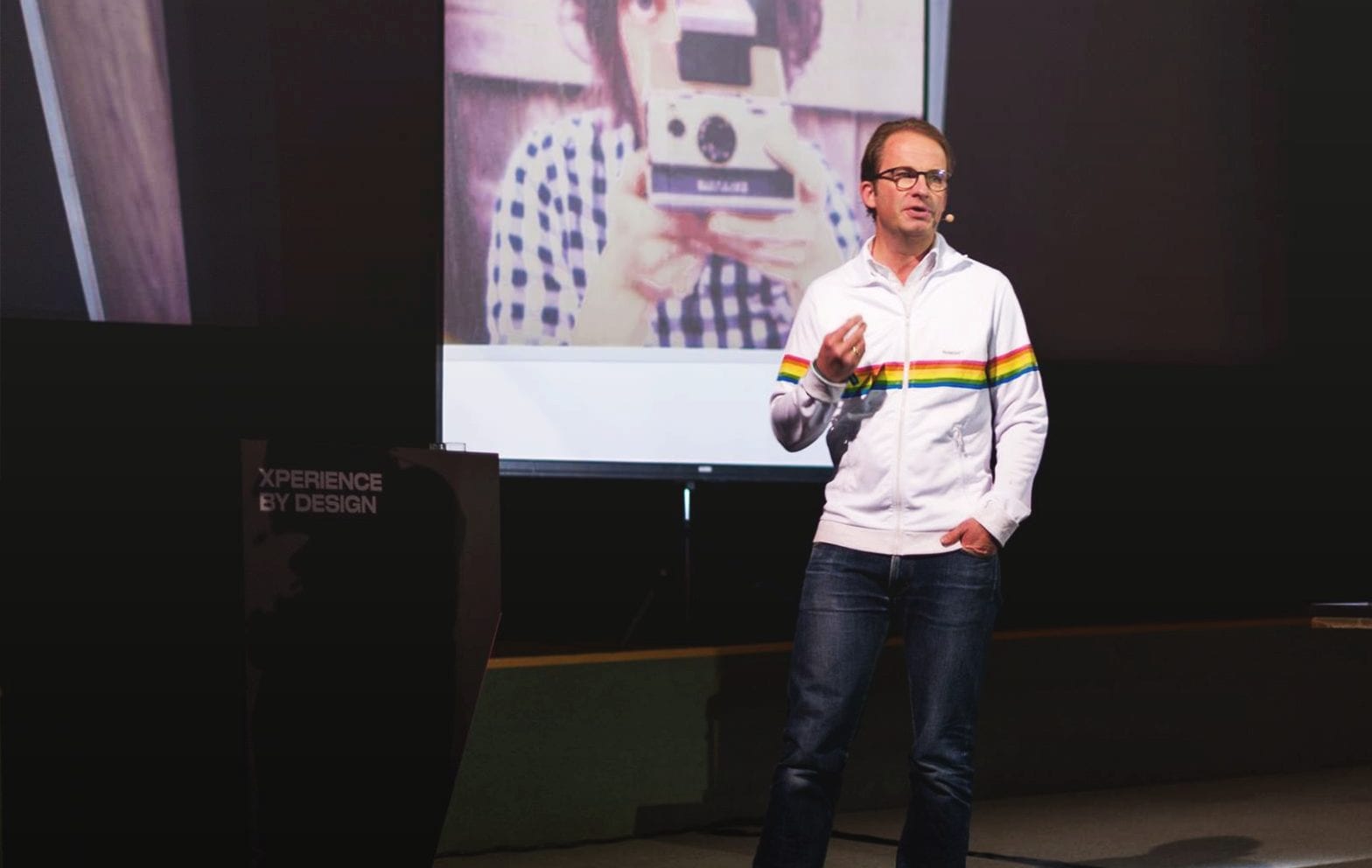
AI and Google
Google is undoubtedly one of the biggest (If not the biggest) pioneers in the world of artificial intelligence. While solving bigger issues related to health, ethics and social problems inside Google’s Deepmind, a team led by Josh Lovejoy created a new way to take embarrassing pictures and clips of you and your family (because your relatives apparently haven’t done a good job yet?).
An AI driven camera now does that for you. Now you can blame technology and AI instead of your parents for bad pictures from your childhood. Google Clips will take care of it. The best thing? — It gets smarter, so you’ll start to see yourself from new angles.
I’m exaggerating here a lot. Even though I’m making fun of the newest AI gadget Google has developed, the points that Josh Lovejoy illustrated about the machine learning development actually made me feel very positive about our future. At least he minimized my concerns about AI, saying that “If a human can’t do it, AI can’t do it either”.
Plus, for those interested in marketing and using future technologies in our day to day lives, Google Clips was a really good example.
Importance of feedback and live collaboration
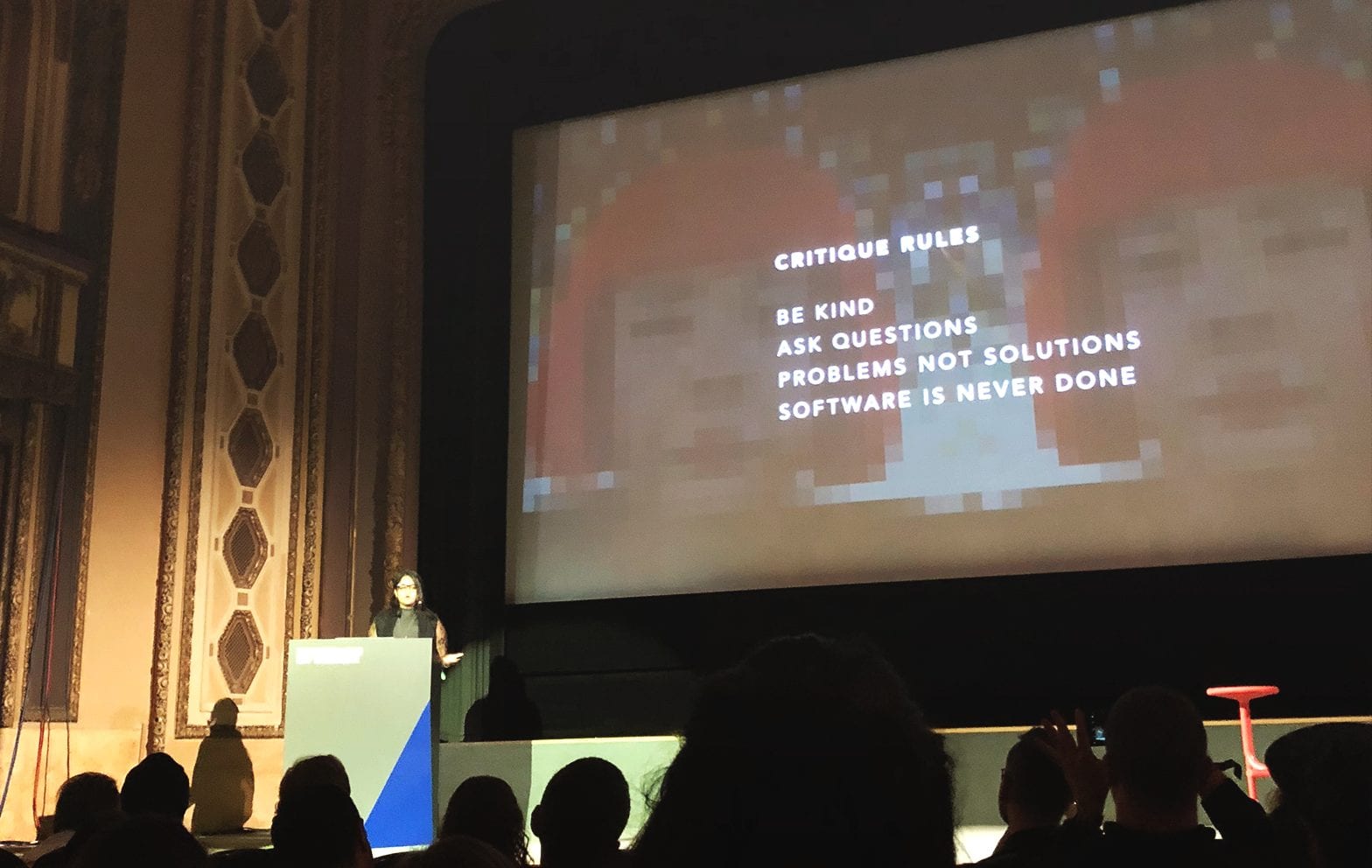
My last but not least takeaway was from a talk by Nina Mehta, coming from Berlin’s Stripe. In the age of digital collaboration tools, she stressed the importance of personal design critique sessions. Focusing on the methodology she’s using with her team, she recommended a few general rules for giving and receiving better feedback. According to her, when critiquing creative work you should follow these rules:
- Be kind
- Ask a lot of questions
- Identify the problems instead of creating quick assumptions or solutions
- Get over the idea that software could be “done”
It’s always healthy to learn how others do that. Seeing the subject “design feedback” through her lens allowed me to question our process and to think more deeply about the matter itself. It made me curious as well — How does the process of design critique look like in your team or company?
Have you attended Xperience conference? What was your biggest takeaway? If you are interested in a more detailed description of all 7 talks, I recommend reading this article. In my opinion, Xperience brought more practical “how to” insights as her sister in Bratislava. It was different but a very refreshing experience.
I can not bring you a true analog experience. You’d have to be in Lucerne with us to feel it and, according to Florian, smell it to really experience the conference. But I believe I have managed to summarize my thoughts very well, even digitally.
Michaela Fiasová, designer @ Soulmates


